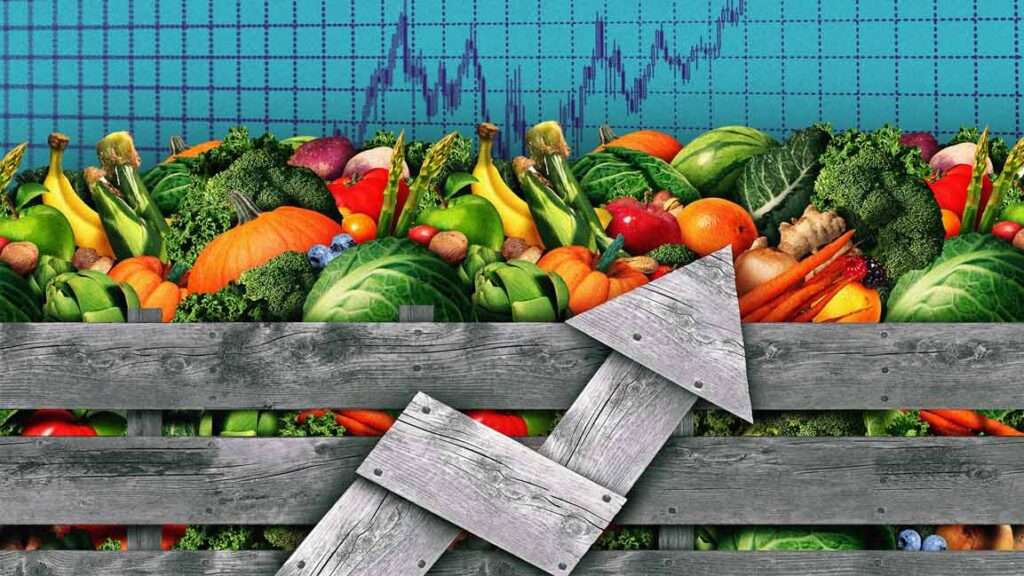In a press release, the Public Utilities Regulatory Commission (PURC) has announced adjustments in electricity and water tariffs effective December 1, 2023.
Dr. Ishmael Ackah, the Executive Secretary of PURC, explained that electricity tariffs would see a reduction of 1.52%, while water tariffs would experience a marginal increase of 0.34% for the fourth quarter of 2023.
These changes, according to the PURC, aligned with their Quarterly Tariff Review Mechanism, considering factors like exchange rates, inflation rates, electricity generation mix, and fuel costs. The new tariffs cover the period from December 1, 2023, to February 29, 2024.
“Adjustments to existing electricity and water tariffs are undertaken on a quarterly basis to maintain the real value of the tariffs, thereby keeping utility service providers financially viable to enable them to deliver services to consumers.”
PURC

Factors considered in determining the new tariffs included the Cedi-Dollar exchange rate, inflation rate, cost of natural gas, and the electricity generation mix. The Weighted Average Ghana Cedi-US Dollar Exchange Rate used was GHS11.9264 for the fourth quarter of 2023, with a Weighted Average Cost of Gas (WACoG) of USD 7.6426/MMB. The electricity generation mix for the quarter was projected at 31.91% for Hydro and 68.09% for Thermal.
For water sachet producers, the tariff has been hiked from GHS/m³ 22.26 to 22.34; Industrial consumers will have their tariff moved from GHS/m³ 25.29 to 25.38. For electricity, residential lifeline customers (0-30kWh) will have their tariff reduced from GHS/m³ 0.64 to GHS/m³ 0.63; all residential customers (0.300kWh)will have theirs reduced from GHS/m³ 1.42 to GHS/m³ 1.40.
Concerns Raised About Rising Food Prices
As the PURC adjusts utility tariffs, concerns are being raised about rising food prices in Ghana. A tool developed by Consumers International and the Consumer Advocacy Centre indicated that weak competition may be contributing to unfair food prices. The Fair Food Price Monitor highlighted discrepancies between retail and wholesale prices, suggesting that some market actors are profiting excessively during this food crisis.
The tool tracked key food items, revealing significant disparities: onions’ retail price increased by 42.4%, compared to an 18.1% rise in wholesale prices; gari’s retail price grew by 77%, exceeding the 63% rise in wholesale prices and; sorghum’s retail price increased by 117.9%, compared to a 100.6% rise in wholesale prices.

Experts cautioned that while factors like increased fuel costs and currency depreciation contribute to rising food prices, dominant market actors may be taking advantage of the crisis to overcharge consumers and underpay farmers.
The global decrease in food commodity prices since March 2022 contrasts with rising food prices faced by consumers. Monthly food price inflation in Ghana hit a 22-year high of 61% in January 2023. Complex factors such as climate crisis, conflict, and COVID-19 disruptions to international trade contribute to the rising food prices.
The UN Conference on Trade and Development (UNCTAD) highlighted the stark contrast between growing risks to food security and profiteering by corporations. A lack of a competition law and a dedicated competition authority in Ghana exacerbates the issue, leaving consumers vulnerable to unfair pricing practices.
Consumer organizations recommend urgent action, emphasizing the need for a competition law and a dedicated competition authority in Ghana. Improved data on food prices at different supply chain stages is crucial for identifying unfair pricing. Additionally, efforts to strengthen competition by addressing monopolies and supporting small and medium businesses are needed.
Consumers International, with the support of The Rockefeller Foundation, is actively working to raise awareness about the threat of unfair food prices and collaborating with authorities to take decisive action. The “Consumer Voice for Fair Food Prices” project aims to strengthen the evidence base and facilitate multi-stakeholder collaboration on this critical issue.
As festive season approaches across the globe, prices of commodities are expected to see a demand push inflation on the Ghanaian market. Despite, assurances from the government to stabilize inflation, there are doubts of the reality on the markets.
READ ALSO: Speaker Defends Ghana’s Sovereign Against IMF Pressures























